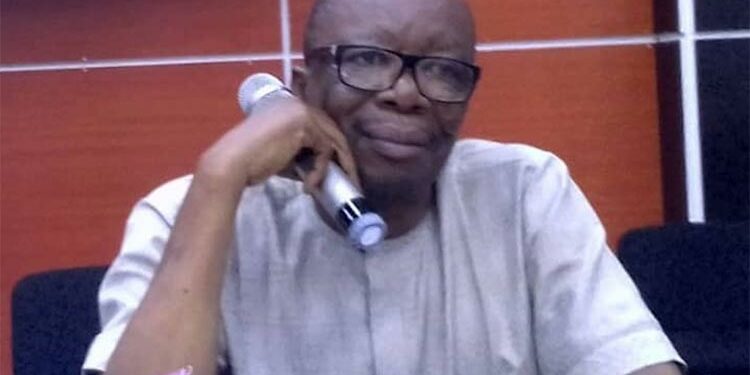- ASUU celebrates the federal government’s decision to remove universities from IPPIS, calling for comprehensive resolutions to address pending issues
- ASUU’s President welcomes the move, highlighting that the IPPIS issue was a major cause of previous strikes and challenges
The Academic Staff Union of Universities (ASUU) expressed jubilation over the federal government’s recent directive to remove universities and other tertiary institutions from the Integrated Personnel Payroll Information System (IPPIS) payment platform. The union welcomed the decision and called on the President Bola Tinubu-led federal government to address other pending issues to establish a university system free from frequent strike actions.
The Federal Executive Council (FEC) announced the exemption of universities, polytechnics, colleges of education, and other tertiary institutions from the IPPIS payment platform. The Minister of Education, Prof. Tahir Mamman, disclosed this after a federal cabinet meeting presided over by President Bola Ahmed Tinubu.
ASUU’s President, Prof. Emmanuel Osodeke, welcomed the development, expressing optimism that it would contribute to bringing universities back on track. He commended the administration for taking this step and emphasized that addressing the issues related to the IPPIS was a key concern for the union. Osodeke highlighted that the imposition of universities on the payment platform was a major reason for previous strikes and salary-related challenges.
In a telephone interview with Daily Trust, Prof. Osodeke stated, “If that is correct, it is a good step in the right direction. We commend the administration for that. That’s what we’re talking about. If that’s correct, we are now coming up as universities gradually.”
He urged the government to also address the punishment meted out to ASUU members and emphasized that the right actions should be taken. While acknowledging the positive development, Osodeke stressed that there were still other issues to be resolved and urged the government to ensure a comprehensive resolution to prevent future strikes.
“This is a good development. We commend the government for listening to our concerns after three years. Although, that’s not the only issue, there are a lot of issues, but if the government has done this, they should also do other things so that we can have a flawless issue where there will be no strike,” Osodeke added.








Discussion about this post